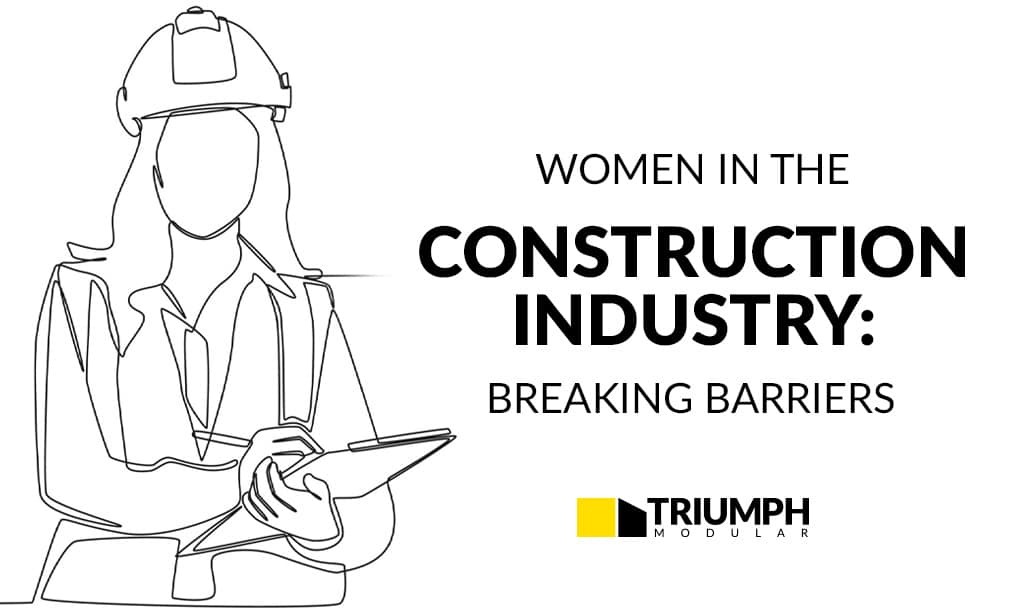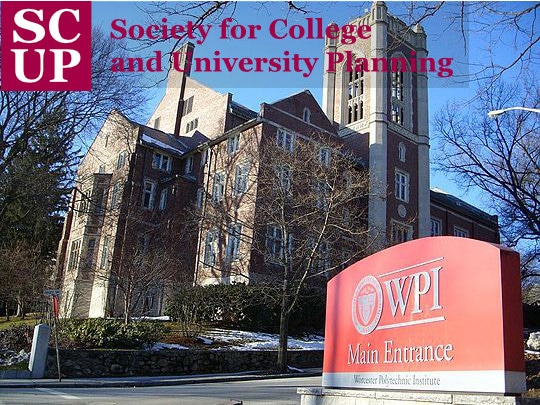Solving the USA Labor Shortage with Modular Construction
The U.S. construction industry continues to face a significant labor shortage. Skilled tradespeople are aging out of the workforce, and fewer young workers are entering the field—creating major challenges for contractors and developers nationwide.
According to recent reports, the construction industry needs hundreds of thousands of additional workers to meet demand. Amid this USA labor shortage, modular construction offers a proven solution that allows companies to build smarter with fewer labor resources.
Centralized Factory Construction Helps Offset Labor Gaps
Traditional construction often takes place on remote job sites, making it difficult to find and retain skilled labor. Modular construction, on the other hand, takes place in centralized factories where access to trained workers is more reliable.
By manufacturing modular buildings off-site, companies avoid the logistical hurdles of transporting crews and can focus on transporting completed modules—reducing overall labor demands on-site.
Streamlined and Automated Construction Processes
Modular factories are built for efficiency. Automated workflows, standardized components, and weather-resistant environments reduce the unpredictability of traditional construction timelines. This efficiency allows smaller teams to accomplish more, directly addressing the labor shortage in the construction industry.
Fewer delays and streamlined assembly mean that projects reach completion faster—with fewer labor inputs required throughout the process.
Improved Work Conditions Attract and Retain Workers
Working in a modular factory offers a safer, more predictable environment than outdoor construction sites. Standardized shifts, better lighting, controlled climates, and established safety protocols make these jobs more attractive to younger workers considering careers in the trades.
Modular construction helps companies improve job satisfaction and reduce turnover, which is essential when responding to labor shortages across the USA construction sector.
Modular Construction Reduces Labor Costs Without Sacrificing Quality
Cost predictability is one of the key advantages of modular. Because fewer on-site workers are needed—and builds are completed faster, companies can control labor costs even when wages rise due to national shortages.
In a time when many projects are delayed or canceled due to workforce limitations, modular construction ensures continued project delivery despite a constrained labor market.
A Smart Solution to the Ongoing Labor Crisis
The USA labor shortage is unlikely to be resolved overnight. While promoting trades education and improving career pathways are long-term solutions, modular building methods offer immediate relief.
By transforming how buildings are constructed, modular approaches allow companies to adapt to labor shortages today and prepare for a more resilient modular construction industry tomorrow.
Explore Modular Solutions with Triumph
Contact the Triumph Modular team to learn how our modular buildings can help your organization succeed, even during a skilled labor shortage. We’re here to help you build smarter and faster.




